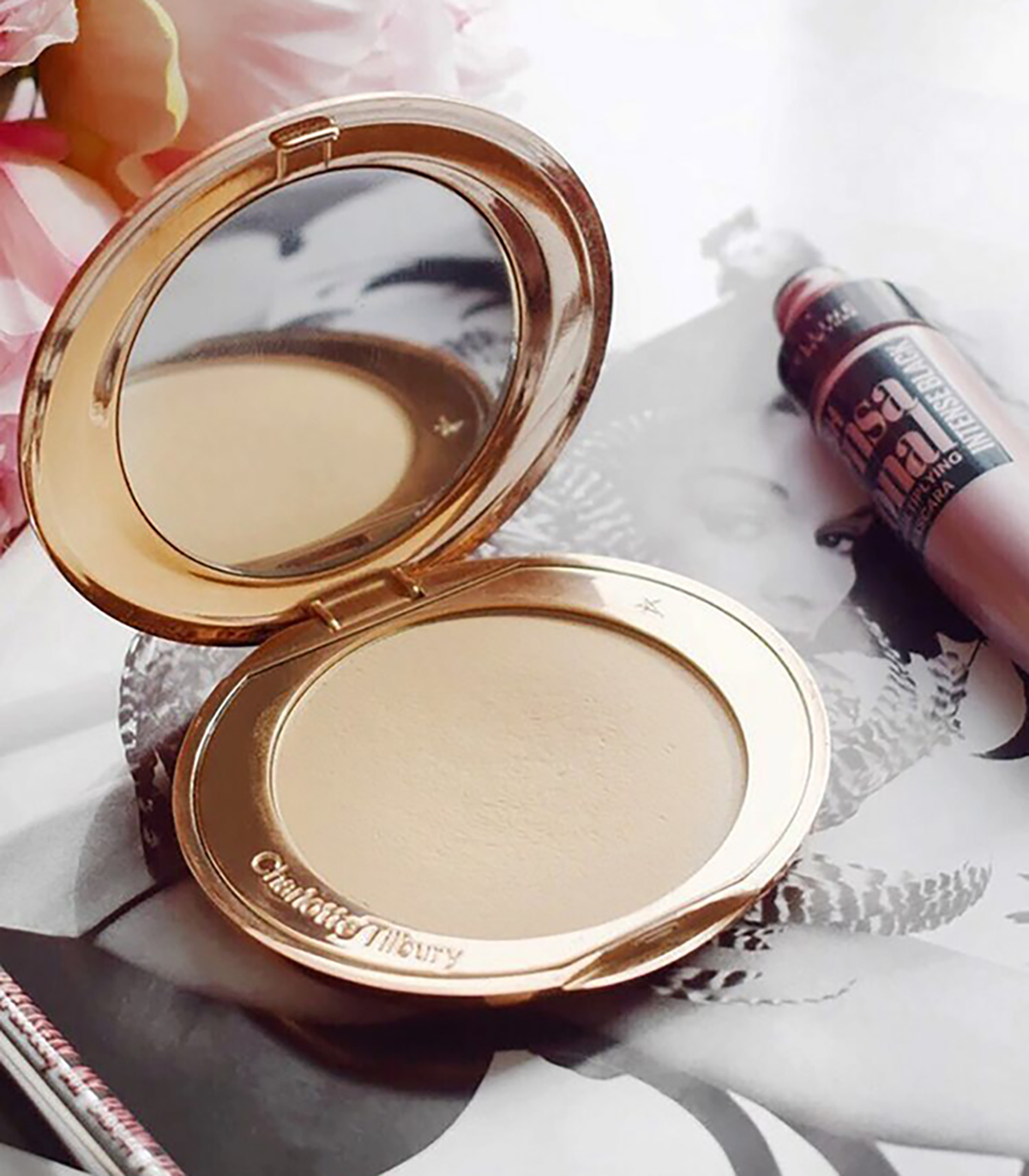My mental health is something that I have spoken about very openly. To be honest, since I have shared here on my blog about my experiences, I have had so much support. The more that we speak about these things, the easier it gets. Not just for us guys, but for others out there that are also having a hard time. For this reason, I like to make sure that I am being incredibly open and honest.
If you are new to my blog, I have OCD and anxiety, which in turn spirals into bouts of depression. It can be a hard slog to get through the day sometimes, but I do certain actions to help. For this blog post I am going to share how I deal with my OCD and anxiety. I hope that can help somebody out.

Speaking openly.
My nearest and dearest are well accustomed to my mental health struggles by now. To be honest, when I meet somebody new, I let them know almost instantly. I do this because I understand that for me and managing my condition, I need to speak in order to feel relief. I talk about my thoughts, my feelings and where I am in that moment. My husband is well accustomed to my ramblings and he does a great job at listening. After all of these years together, he is even increasingly getting better at giving the advice to help me get out of my rut. Speaking is always the first and most important thing for me.
Increasing my exercise.
I am not one of the girls that love to exercise. I bloody wish I was, but that is just not the case. However, I know what a benefit exercising is to me and when I can feel my head starting to take over, I increase my exercise. Normally I do around 30 minutes of cardio a day on my Peloton bike. If I am feeling a little out of control I will add in some weights or even running along the edge of the canal where I live. Elle Woods was 100% correct, exercise gives you endorphins and endorphins make you happy. Plus, during my hour of exercise per day, it occupies my mind and it temporarily stops me compulsively thinking about all the other things that I want to be and should be doing!
Indulging in my impulses.
With having OCD, there are certain ‘compulsions’ that my brain wants to do. For me and my need to have an organisation in every aspect of my life, this can be overwhelming. Most of the time, I understand I need to fight my compulsions in order to function in everyday life. I manage this by creating lists, sticking to a plan and working through things in a controlled way. If my OCD and anxiety is running out of control, I will spend some time giving into my impulses. For me, this may mean that I sit down and write 20 lists, reorganise my sock draw and every other little thing in between. These are the things that I normally keep a lid on by daily maintenance, but sometimes it helps just to let my brain take over and do what it needs to do.
Talking to a professional when needed.
For much of my adult life, I have had a counsellor on speed dial. When I first felt like something wasn’t right with my mental health and I started going to the doctors, I reached out for private counselling. The only reason why I opted for private was because at the time I needed help quick and the NHS wait time was hell of a lot longer. To be honest, I would not switch to a NHS support service, but I have grown close to my councillor and they know me and my condition very well. If I am going through a period where I can tell things are ramping up, I drop them a text and start up a dialogue. For me, talking to somebody who gets how I am feeling is a godsend.
Taking medication.
If all else fails and I am stuck on what to do, I opt for medication. For me, medication is always a last resort. That is for no other reason than I 100% know that I can manage it most of the time using simple techniques. However, after having my OCD and anxiety for all of my adult life, I know when I need to go for medication. It took me a long time to feel comfortable with the anti-depressants which I was prescribed, but I am now very happy with them. Within a few weeks, sometimes longer, I can feel the fog lifting. That is when I go back to talking about coming off them gradually. I only do this though when myself and others agree that it is the right thing to do.
Honestly, I have said this before and I will say it again, I feel very lucky. Only 10% of the time do I feel like things really spiral for me. Most of the time, using coping mechanisms, I can manage my emotions and thoughts. These things help me when I am on that verge. Where I know that it is not my normal day-to-day, and I try to get it under control. As I mentioned first in this post, talking is always the winner in my book. There is truth in the old saying a problem shared is a problem halved. It feels like a weight off when I open up to somebody. If you do suffer with your mental health, you do what you need to do.






